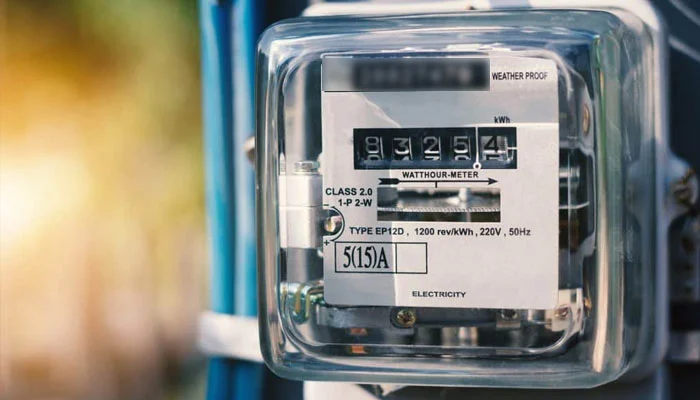Founder and Chairman of Pakistan Tehreek-e-Insaf (PTI), Imran Khan, has sought legal relief in the £190 million reference case, following the Supreme Court’s decision regarding the amendments to the National Accountability Bureau (NAB) laws. The case, which has been a significant point of contention, was heard in Adiala Jail, where Khan filed a petition for acquittal, citing the new legal landscape after the Supreme Court ruling.
Background of the £190 Million Case
The £190 million case centers around allegations of corruption and the misuse of funds during Imran Khan’s tenure as Prime Minister of Pakistan. The National Accountability Bureau (NAB) had initiated proceedings, claiming that Khan, along with others, was involved in the improper allocation and use of £190 million, a sum reportedly recovered from a settlement in the UK and meant for the national treasury of Pakistan.
Khan and his legal team, however, argue that the decisions taken by his cabinet were within the scope of the law and did not involve any wrongdoing. This has been the foundation of Khan’s defense, which has now been reinforced by the recent amendments to the NAB laws.
The Supreme Court’s Decision on NAB Amendments
The Supreme Court’s ruling regarding the NAB amendments has shifted the legal ground for many high-profile cases, including the £190 million reference. The court ruled to reinstate the amendments that had been previously challenged by Imran Khan, effectively reshaping the jurisdiction and accountability mechanisms under NAB. The detailed judgment pointed out that Khan could not prove the unconstitutionality of the NAB amendments, thus leaving the revised framework intact.
Khan’s legal team, in light of this decision, argues that the case against him no longer stands as it was framed under the old NAB laws. According to the defense, the amendments protect decisions made by the cabinet, including those related to the £190 million case.
Hearing at Adiala Jail
During the recent hearing at Adiala Jail, Imran Khan’s legal team presented their argument for acquittal based on the Supreme Court’s decision. The lawyer representing Khan contended that after the NAB amendments, the foundation of the £190 million case has been weakened, if not entirely dissolved. He argued that the amended NAB laws protect all cabinet decisions, which include those related to the allocation and use of the £190 million.
The primary question raised by Khan’s defense team was whether the accountability court still holds jurisdiction over the case, given the significant changes to NAB’s legal framework. They maintained that since the new laws provide protection to cabinet decisions, there is no legal basis for continuing the case against Imran Khan.
The NAB Prosecutor’s Response
The NAB prosecutor, while acknowledging the Supreme Court’s decision, argued that the jurisdiction of the court must first be established before considering the acquittal plea. He noted that if the accountability court determines it still has authority over the matter, then the acquittal request can be heard. This led to a debate over whether the amended NAB laws remove the accountability court’s jurisdiction or if the case should proceed as it currently stands.
Imran Khan’s lawyer clarified that they are not directly challenging the court’s jurisdiction but are instead leaving it to the court’s discretion to decide whether it still has the authority to adjudicate the case under the new legal framework.
Court’s Adjournment and Future Proceedings
After hearing the arguments from both sides, the accountability court adjourned the case until September 10, when a decision on the acquittal plea will be further considered. This delay allows the court to evaluate whether the changes to NAB laws indeed remove its jurisdiction over the £190 million reference or if the case can continue under the current framework.
The Impact of the Supreme Court’s Decision on Imran Khan’s Case
The Supreme Court’s ruling has broader implications for Imran Khan and other cases affected by the NAB amendments. Following the judgment, Barrister Gohar Ali, representing Imran Khan, stated that the decision has already yielded two significant benefits for the PTI chairman. One of these benefits is the potential dismissal of the £190 million case from the accountability court’s jurisdiction.
As the legal battle continues, the Supreme Court’s decision on NAB amendments may have a far-reaching impact on Imran Khan’s case and many others. The acquittal petition filed by Khan hinges on the interpretation of the amended NAB laws and the accountability court’s jurisdiction. The next hearing on September 10 will be crucial in determining whether the £190 million case will proceed or be dismissed under the new legal framework.
Imran Khan’s legal strategy, focusing on the protection offered by the NAB amendments, reflects his confidence in the outcome of the case. However, the final decision lies with the accountability court, which will soon decide whether the case has merit under the new legal landscape.



